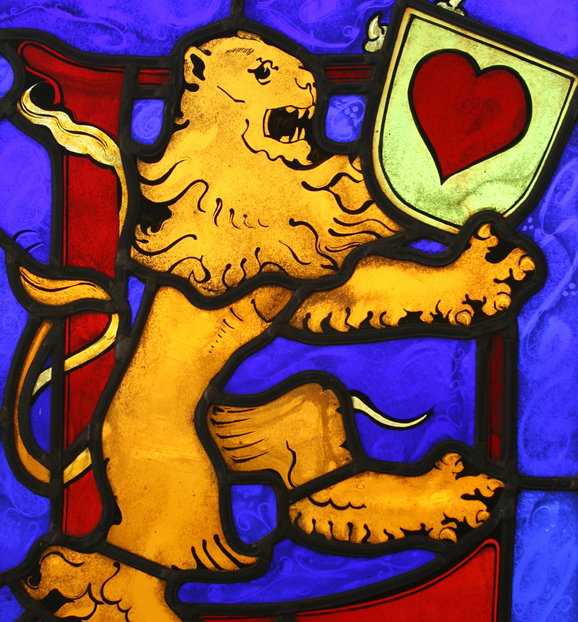by RECAMIER, MADAME JULIETTE
RECAMIER, MADAME JULIETTE.
(1777-1849). Parisian socialite remembered for her popular Royalist salon as well as her great beauty, memorialized by such artists as Jean-Louis David. ALS. ("J.R."). 1p. 8vo. N.p., N.d. [1834]. To French author LAURE JUNOT, DUCHESS OF ABRANTÈS (1784-1838). In French with translation.
"So how are you doing, dear friend? I am worried about your silence, I would go ask you if I were not restrained by sad affairs, so please tell Monsieur the count that I also complain about not seeing him, he would always find me between three and five o'clock, I would be delighted to see him and would thus hear from you – with a thousand (truncated)
(1777-1849). Parisian socialite remembered for her popular Royalist salon as well as her great beauty, memorialized by such artists as Jean-Louis David. ALS. ("J.R."). 1p. 8vo. N.p., N.d. [1834]. To French author LAURE JUNOT, DUCHESS OF ABRANTÈS (1784-1838). In French with translation.
"So how are you doing, dear friend? I am worried about your silence, I would go ask you if I were not restrained by sad affairs, so please tell Monsieur the count that I also complain about not seeing him, he would always find me between three and five o'clock, I would be delighted to see him and would thus hear from you – with a thousand (truncated)





